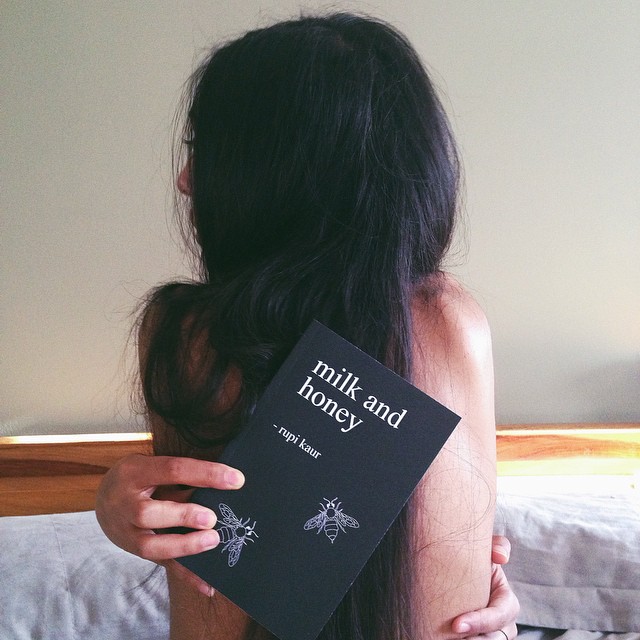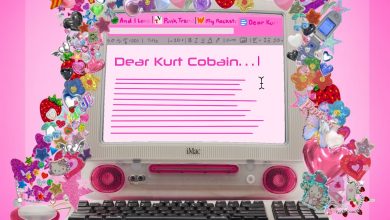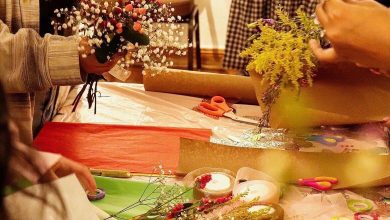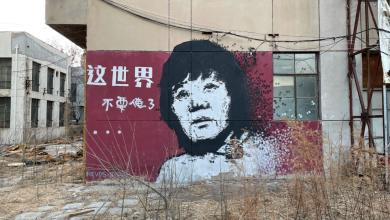Rupi Kaur: The Poetess Behind Milk & Honey
From writing poetry to performing spoken word, Rupi Kaur is an artist with words. Her poetry covers experiences of violence and abuse, living up to expectations, heartbreak and learning how to love yourself first. Her first poetry book, Milk & Honey, includes a variety of moving pieces that may help readers understand and overcome adversity. Milk & Honey expresses truths of oppression and experiencing growth in four stages: the hurting, the lovely, the breaking, the healing.
Fortunately, I was able to get a little insight into Rupi Kaur’s prose and the difficulty reality of being a woman of color. (Rupi’s responses are in lowercase in recognition to her preferred writing style.)
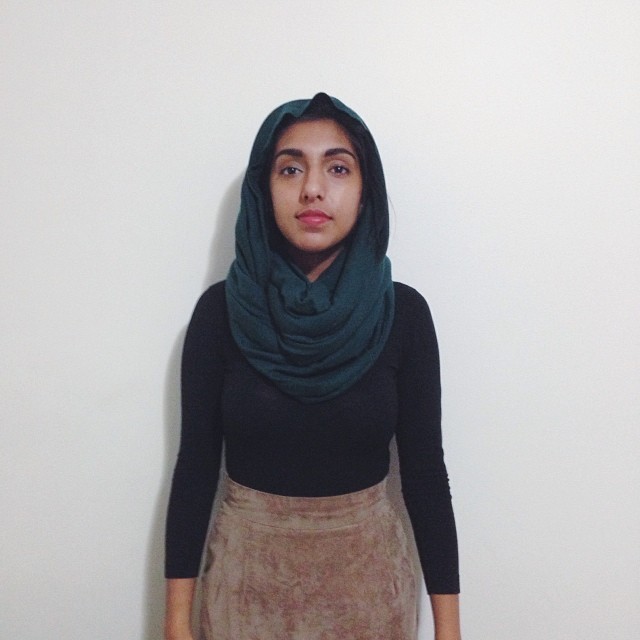
If you are a wholehearted feminist that loves “strong women. kind men. and pasta” just as much as Rupi, you may find even more comfort in her taste and expression in writing. She says “every issue in the book is one i, myself, or a woman I know has been subject to.”
Rupi introduces writing as her catharsis. The first moment she fell in love with writing was in August 2013. “i read a poem that changed my life and that’s when i fell in love. i’ve never fallen in love with something so deeply before. it’s been one heck of a relationship with words, but we are growing together,” she says. Rupi underlines that although she is not able to pinpoint exactly where she gets her inspiration, she is able to distinct where she finds her “uninspiration.” By keeping a dormant routine, she finds herself uninspired; “when the environment around me isn’t changing, exciting, or offering anything new, i can’t produce work.”
“from may-june 2014 i was so uninspired. i felt that all the poems i was meant to write had been written and that i’d never be able to produce more work. i felt infertile of poetry, so i put it all away. wherever there was that existed of milk and honey, i closed it off and thought that was that. and i tried my hand at fiction. but then circumstances in my life changed dramatically, as they do at times that are so uncalled for, and suddenly i was forced into an unknown, uncomfortable, and unfamiliar environment. but for me, with that type of environment comes inspiration. and so there I was, june 28th 2014. i’m pretty sure it was a saturday. i found myself writing again for the first time in two months. i kept writing. it was probably 2 in the morning. i wrote dozens of poems that night. only one of them made the book. that night was beautiful. and it’ll always serve as a constant reminder that the end is not the end. it is just the beginning of something better.”
The idea is to “always go with the gut,” Rupi says. “that’s your soul speaking.” She repeats that while it is important to stay in motion, you can’t always feel inspired or force yourself to be inspired. In the case where you do find yourself at rest with no motivation or inspiration, remember that this “uninspiration” will not last forever.
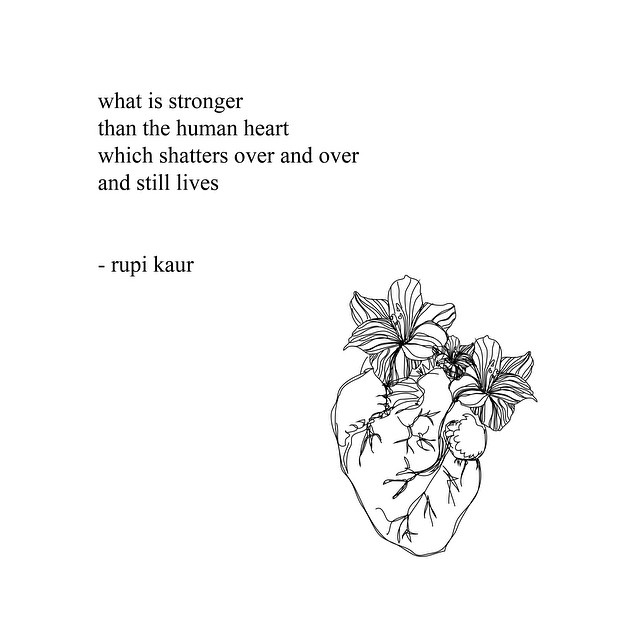
When asked about some of her untitled poetry Rupi answered, “i think having the majority of them unnamed works because although the poems are their own stand-alone pieces they also weave together like a story.”
Rupi gave a few examples of challenges that her unnamed works concern: “first there’s just the disadvantage of being a woman in this society compared to a man. so much less privilege. and then add being coloured on top of that and you’re facing even more oppression depending on what your background is, what language you speak, your socioeconomic class, what your parents do for a living, your education, etc. it’s layers and layers of oppression. i always felt that being a woman of colour who is an immigrant to this country (i am from punjab and settled in canada). i was always stuck between two worlds, but never fully belonging to one. on a land that does not want me. coming from a land that no longer considers me its own, i had no place to call mine. i never felt beautiful enough, not for western standards or eastern standards. i had to build the bridge between these two worlds and attach them together to build my own foundation. perhaps that’s been the greatest struggle.”
Pertaining to the struggle of aesthetic beauty and belongingness, Rupi wants her audience to digest Milk & Honey and practice the idea of self-love. “i truly believe in the idea that if you cannot first learn to love yourself, then you will not fully and wholly know how to softly love another being. give to yourself so you can give to others.”
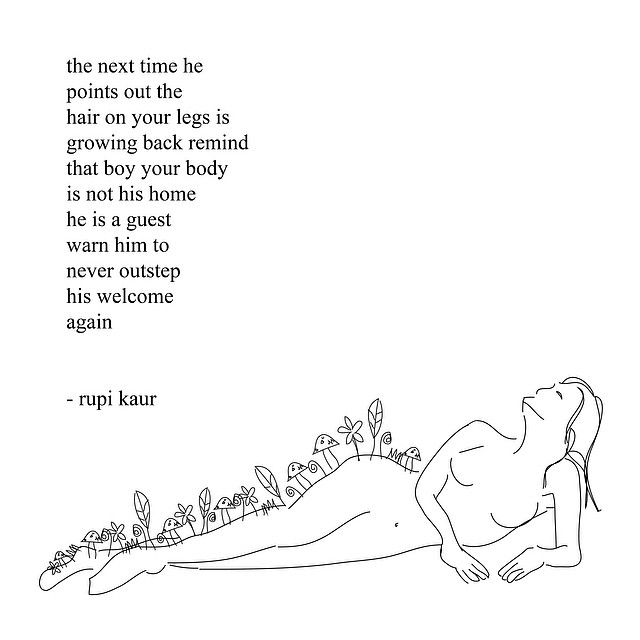
Through Rupi’s responses and poetry, she conveys the hardships and the loveliness of femininity. The pieces that highlight particular experiences of adversity as a woman illustrate the need for feminism.
She expresses the need to create more spaces for feminism because “it might look equal but we haven’t deconstructed the misogyny in our minds.” She continues by saying “people don’t like the word feminism is what i realized. they really don’t like it. even the ones that understand its true denotative definition tell me they don’t want to be labeled as feminists because “it sounds like there’s a favouring of woman happening.”
“it scares me that people are angered by the fact that for once a woman might have more power than a man. and we’re here telling them that isn’t even what it means. that isn’t even what we want. we just want to share your privilege and be equal. that is what scares me. that the mere thought that they might be put in the position we ourselves have been in our whole lives terrifies them. doesn’t that prove how long their treatment of us is? if they can’t even bear the thought of living it?”
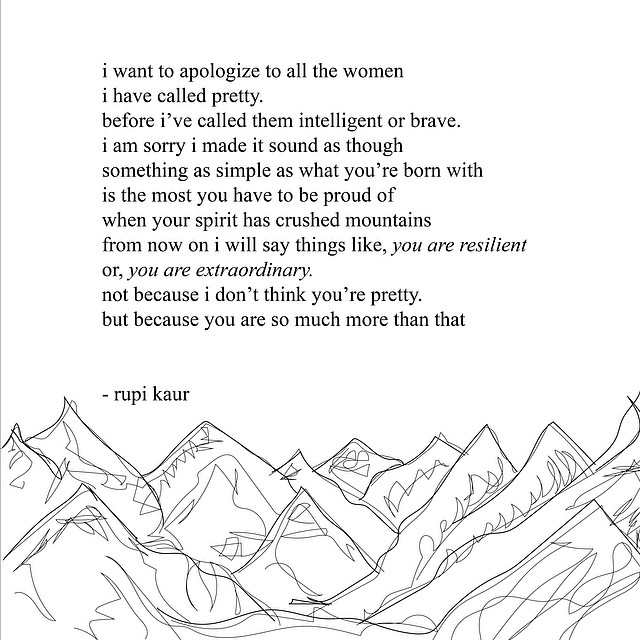
One of the poems emphasizes that women are much greater than just being pretty. She stresses that women can empower other women significantly because they are both powerful individually and when put together.
“i believe that at the end of the day, the relationship you have with your sisters is one that will never abandon you. it is everlasting. and in this world, which is sometimes so cruel to us, we have to have each other’s back. so support your women. love your women. give to your women. raise your women. uplift them and let them be the warriors and queens they were born to be. that’s all. we’re not each others competition. that idea of competition never made sense to me. we are all each one of us so unique there’s no way one of us could replace the other. we’ve been fed the idea that there is only room for one of us at the top but that’s complete crap. help each other up. the only way is to rise together.”
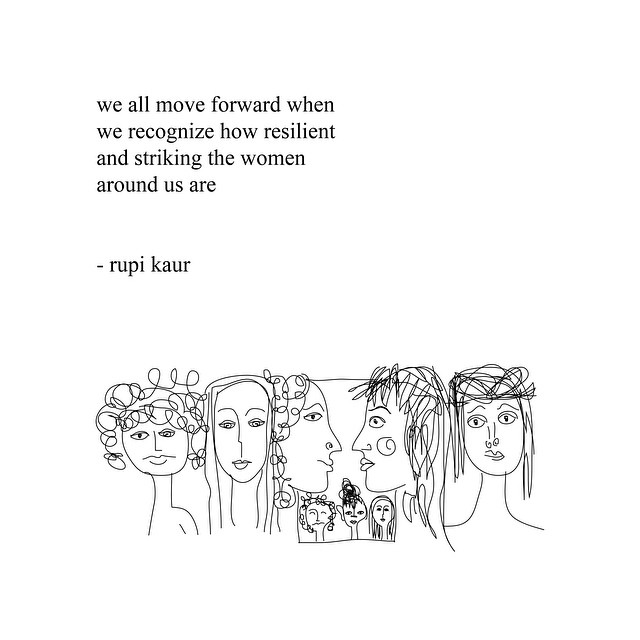
This young poetess says, “collectively, we’ve seen the worst of humankind and lived. we have a piece of god in us… we are soft even when the roughness comes and breaks our skin–we live. we fall and get up and keep living. we live through it all. so every part of us is worth celebrating.” Rupi Kaur reminds readers about the extraordinary beauty that women bring into this world.
To find more information on Rupi Kaur, you can explore her website or email her at [email protected]. Rupi Kaur is truly a genuine example of a resilient, extraordinary woman.

